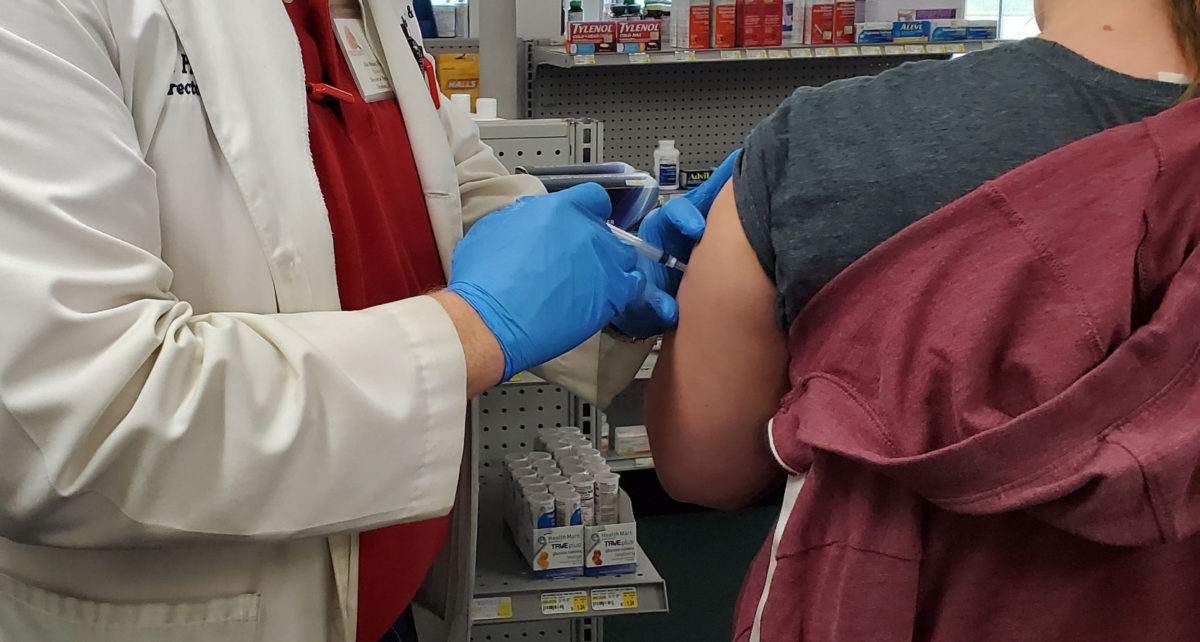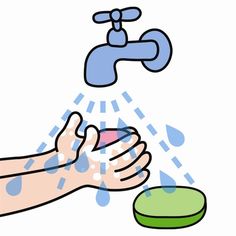For some, getting a flu shot is just part of the fall routine every year. Immunization against the virus that causes influenza prevents millions of people from getting the disease, makes the disease less severe if you do get it, and can prevent death from severe disease and its complications. According to the Centers for Disease Control and Prevention (CDC), influenza causes an estimated 12,000 to 61,000 deaths every year in this country.
This year, because of the COVID-19 pandemic, physicians and public health officials say it’s even more important that everyone over the age of six months get a flu shot. This is especially important if you have an underlying health condition that makes you more at risk for developing complications if you get the flu. While the influenza vaccine will not prevent you from getting COVID-19 (researchers are still working on a vaccine for this different virus), it will help you avoid getting seriously sick with or—heaven forbid—dying from the flu. And the fewer people who get the flu, the more it saves healthcare resources that are still urgently needed for treating COVID-19 patients.
Those who are at high risk for flu complications are also at greater risk for getting COVID-19 and having serious outcomes. If you have an autoimmune condition or immune deficiency disease, such as myositis, myasthenia gravis, pemphigus and pemphigoid, chronic inflammatory demyelinating polyneuropathy (CIDP), and primary immunodeficiency (PI), this means you. You are at a much greater risk for getting sick with the flu and at greater risk for developing complications like pneumonia if you do. If you have heart disease, cancer, or diabetes, getting the flu can also make these conditions worse.
Getting the flu vaccine, however, is not a straightforward decision for some who have these conditions. For example, some people with a history of Guillain-Barré Syndrome (GBS) may have developed this form of muscle paralysis after receiving an influenza immunization. According to the GBS|CIDP Foundation International, the association between GBS and flu vaccines is inconclusive, but they suggest these individuals avoid the vaccine in the future. If you have had GBS, especially if it developed four to six weeks after getting a flu shot, you should talk with your doctor about the risks and benefits of getting the vaccine again.
Another consideration is the aerosol form of the flu vaccine. This is a live attenuated (weakened) influenza vaccine that is given through the nose. While the injected vaccines are made with inactivated virus, the nasal spray is made with live organisms that have been weakened but are still able to activate the body’s immune response against the disease.
The intranasal vaccine is not recommended for those younger than two, older than 50, or those who have a weakened immune system, including some patients who take immune suppressing medications. If you care for or live with someone who is immune compromised, you should also avoid the nasal spray. And if you have an underlying medical condition that puts you at risk for developing severe complications from the flu (such as chronic lung disease, heart disease, kidney disease, liver disorders, neurologic and neuromuscular disorders, blood disorders, and diabetes), it’s important to check with your physician before taking the nasal flu vaccine.
According to the Immune Deficiency Foundation, those with certain forms of immune deficiency (common variable immune deficiency [CVID], severe combined immune deficiency [SCID] or Bruton’s agammaglobulinemia) are unable to develop protective immunity following vaccination. This means their bodies don’t have the infrastructure to develop the immunity needed to keep them from getting sick, so vaccines will not do them any good. In fact, for individuals with these forms of PI, live vaccines—including the influenza nasal spray—may put them in danger of developing severe disease.
The only reason not to get a flu shot is if you have a severe, life-threatening allergy to the vaccine or any of its ingredients. This might include gelatin, certain antibiotics, or other ingredients. If you get hives when you eat eggs, studies have shown that most times you can still get the flu shot. If you have a more serious reaction to eggs or you are worried about this, you should of course talk with your doctor. Egg-free alternative vaccines are available.
The CDC has more information about seasonal influenza and how to prevent it.

